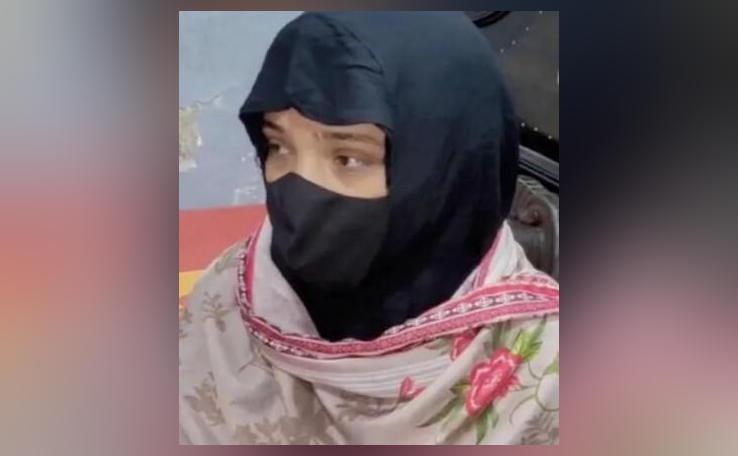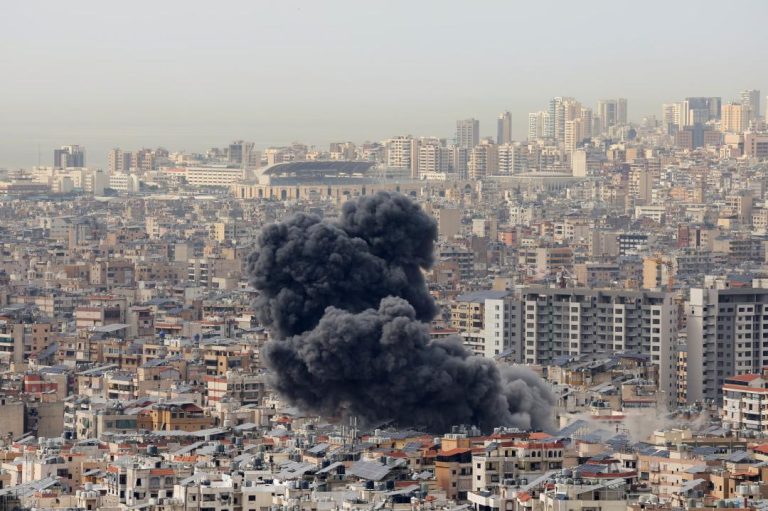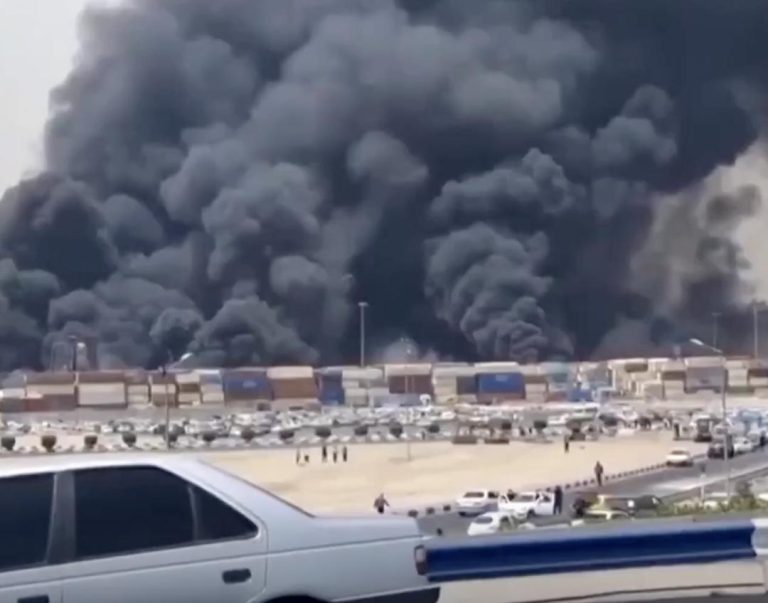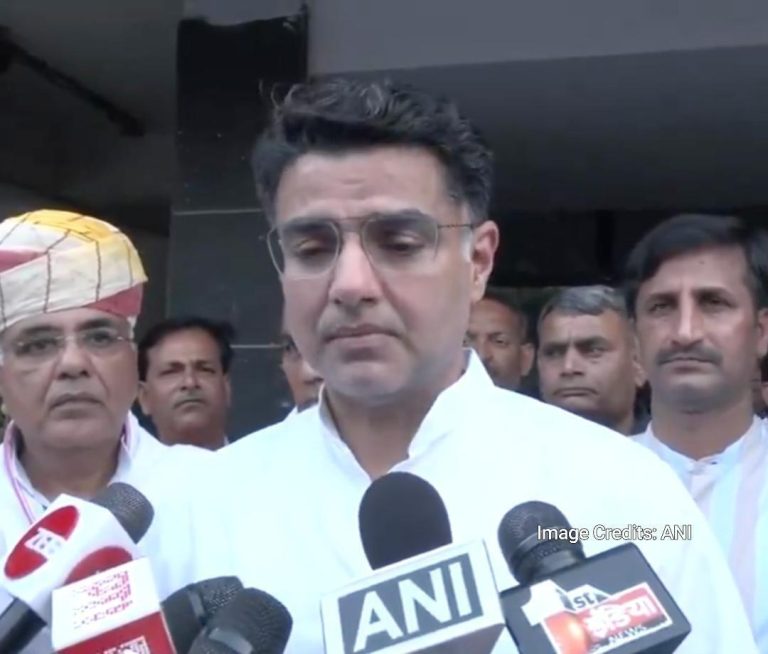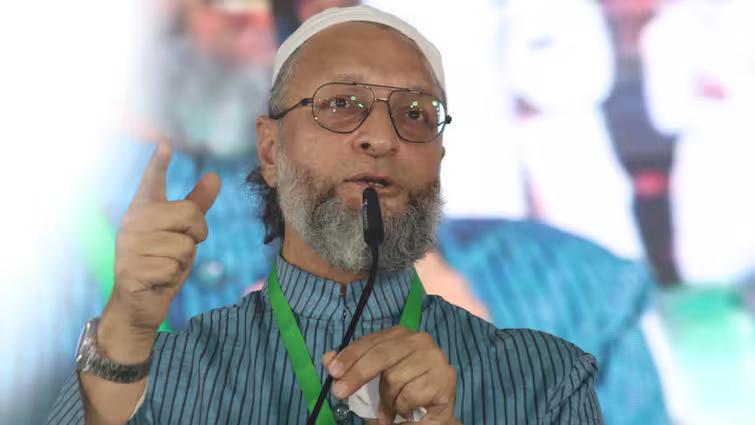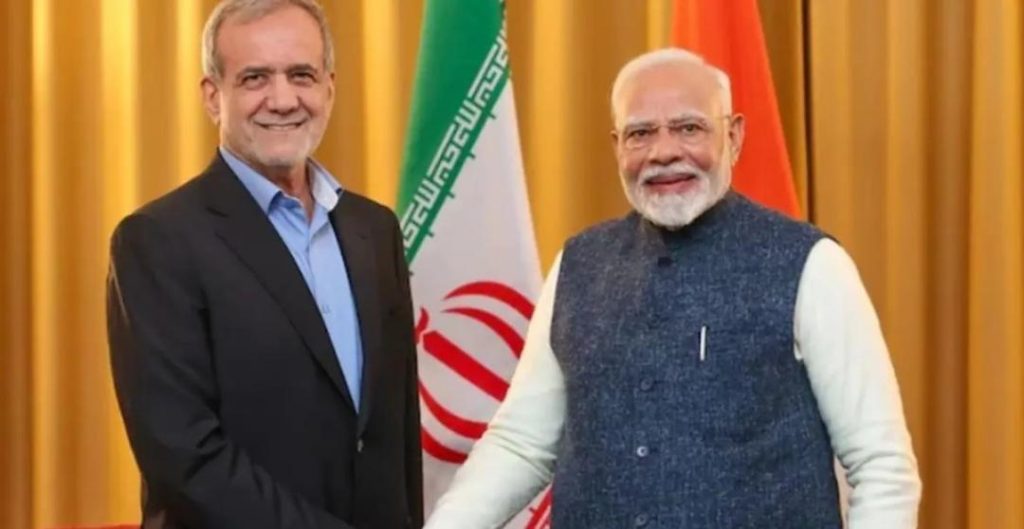
Iran Offers to Mediate Between India & Pak after Pahalgam Attack
Tensions between India and Pakistan have escalated to a boiling point after a terrorist attack in Jammu and Kashmir’s Pahalgam region. In the wake of this incident, Iran has come forward with an offer to mediate between the two countries, hoping to ease the strain and foster greater understanding.
Iran’s Foreign Minister, Seyed Abbas Araghchi, took to Twitter to make the offer, stating, “Tehran stands ready to use its good offices in Islamabad and New Delhi to forge greater understanding at this difficult time.” This move comes as a welcome relief, given the fragile state of relations between India and Pakistan.
For those who may be unaware, the Indus Waters Treaty (IWT) is a 56-year-old agreement between India and Pakistan that governs the sharing of the waters of the Indus River and its tributaries. The treaty has been a cornerstone of relations between the two countries, allowing for the peaceful use of these shared resources.
However, India has announced that it has suspended the IWT, citing the recent attacks in Pahalgam and the ongoing cross-border terrorism. This has raised concerns about the potential consequences for regional stability and the livelihoods of millions of people who rely on these shared water resources.
The attack in Pahalgam was a brazen and heinous act of terrorism, leaving several people dead and many more injured. The perpetrators of this crime have yet to be identified, but it’s clear that they were motivated by a desire to sow discord and chaos between India and Pakistan.
In light of this, Iran’s offer to mediate between the two countries is a timely and welcome development. As a neighbor to both nations, Iran has a unique perspective on the situation and a vested interest in maintaining regional stability.
Iran has a long history of playing a mediatory role in regional conflicts, dating back to the Iran-Iraq War in the 1980s. More recently, Iran has been involved in efforts to resolve the conflict in Yemen, working alongside the United Nations to facilitate a ceasefire and promote dialogue between the warring parties.
Given its experience and expertise in this area, Iran is well-positioned to play a key role in mediating between India and Pakistan. By using its “good offices” to facilitate dialogue and negotiation, Iran can help to ease tensions and create an environment conducive to peaceful resolution.
Of course, there are those who may question Iran’s motives and wonder why it would want to get involved in the conflict. After all, Iran has its own complicated relationship with both India and Pakistan, and has been involved in its own share of regional conflicts over the years.
However, it’s worth noting that Iran’s offer to mediate is not motivated by a desire to gain an advantage or further its own interests. Rather, it’s a genuine attempt to promote peace and stability in the region, and to help its neighbors find a way forward.
In fact, Iran has a strong track record of promoting regional cooperation and dialogue. For example, Iran has been a key player in the Astana Process, a regional initiative aimed at resolving the conflict in Syria. Iran has also been involved in efforts to promote economic cooperation between its neighbors, including the Iran-Pakistan-Turkmenistan gas pipeline project.
In conclusion, Iran’s offer to mediate between India and Pakistan is a welcome development that offers a glimmer of hope in a region plagued by conflict and tension. By using its “good offices” to facilitate dialogue and negotiation, Iran can help to ease tensions and create an environment conducive to peaceful resolution.
As the situation continues to unfold, it will be important for all parties involved to remain committed to dialogue and diplomacy. The consequences of failure are too great, and the potential benefits of success are too great to ignore.
Let us hope that Iran’s offer is taken seriously, and that the two countries can find a way to move forward in a spirit of cooperation and mutual respect.
Source:
